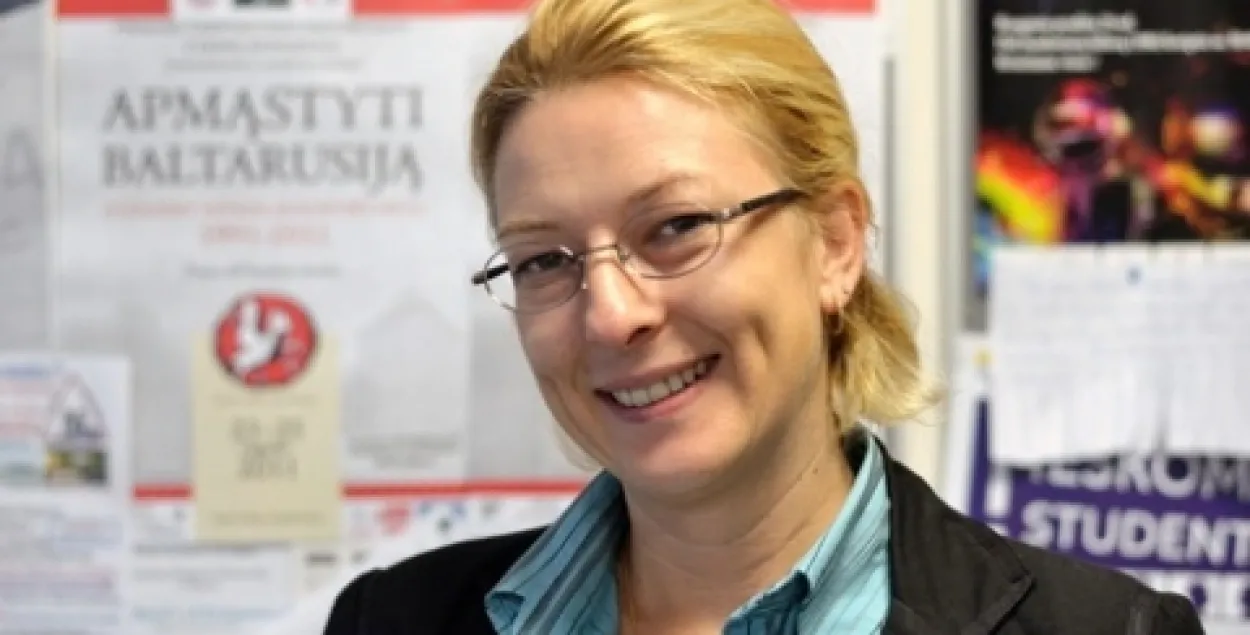5 facts about new UN special rapporteur on Belarus Anais Marin

Anais Marin. Photo: n-europe.eu
Anais Marin has been appointed as a new Special Rapporteur on the situation with human rights in Belarus at the UN Human Rights Council. Her candidature was recommended for this post by the UN Human Rigts Council chairman Vojislav Šuc.
Marin has replaced Miklós Haraszti, a Hungarian author, university professor and human rights advocate who has served in this position since 2012. The final decision was taken on 28 September on the last day of the 39th session of the UN Human Rights Council in Geneva.
The Mandate of the Special Rapporteur on Belarus was founded by the UN Human Rights Council in July 2012 and renewed annually. The Special Rapporteur regularly prepares reports on the human rights situation in Belarus and presents them to the UN Human Rights Council and the UN General Assembly. The Belarus authorities do not recognize the mandate of the Special Rapporteur and have refused from cooperating with him.
5 facts about Anais Marin:
1. Understands the Belarusian language and can read in Belarusian.
Anais Marin, born in France in 1977, is a political scientist who cooperated with the Finish Institute of International Relations. Apart from Belarusian, which she understands and can read, Anais is fluent in French, English and Russian.
2. Was on Belarus' non-entry list.
She told Euroradio about it in a 2013 interview. It is not known exactly if she still remains on that list.
3. Supported the extension of EU's sanctions against Belarus
Anais Marin insisted on the continuation of EU sanctions against Belarus until Belarus meets all EU requirements. However, she also reckoned that the Belarus sanctions were not effective and believed that Belarusian authorities would never agree to rehabilitate the political prisoners. Nevertheless, the majority of sanctions were suspended in 2016.
4. Believed that Belarus should not have a place in Eastern Partnership.
Marin argued that Belarus was unwarrentedly included into the Eastern Partnership program - only due to personal ambitions of some EU officials. Simultaneously, Anais Marin stressed that the EU had no clear program of how to develop relations with Belarus.
5. Confident that the EU has no politicians who are experts in the 'Belarus issue'.
Anais Marin advocated the 'de-politization of the relations' with Belarus. She argued that the EU had no politicians who understand what is really taking place in Belarus. On the one hand, most of Belarusians do not understand why the EU introduces sanctions and believe that "those in Belarusian prisons are not political prisoners. Rather, they are those who were wrongly punished."
"I am not saying that relations with the regime need to be de-politicized, that one needs to cooperate with the regime. No! I am saying that it is necessary to begin a third way for normal cooperation at the level where cooperation is already under way," Anais Marin said in a 2013 interview with Euroradio. In some sectors, on some topics cooperation is in progress anyway. Unofficially, certain EU countries are involved in this kind of cooperation. Business is doing great! What I am saying is that there is a need to do it openly, in a transparent way so that representatives of civil society could monitor such cooperation."


















